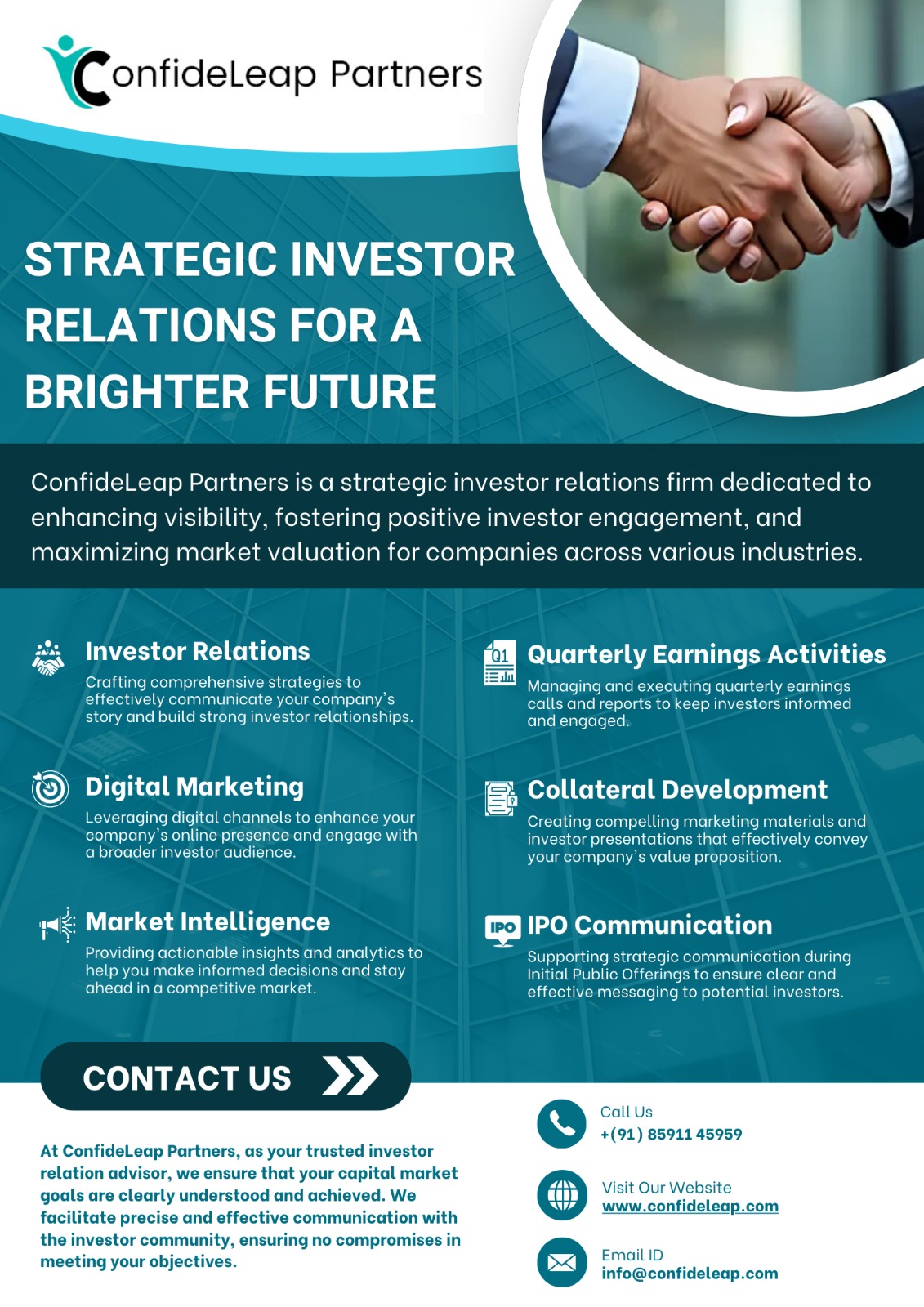Sustainable development and emissions reduction initiatives have become increasingly important across enterprises in the face of today’s fast-changing business landscape. With investors, stakeholders, and consumers growing more concerned about ethical and responsible practices, businesses that pursue ESG are becoming better equipped to succeed in a competitive landscape.
What is ESG Integration?
ESG integration is the process of embedding environmental, social, and governance factors across a company’s strategy, operations, and decision-making processes. This expands the scope of financial analysis by demanding that companies also consider the broader implications of their activities on society and the environment. Organizations that have integrated ESG into their core business goals often benefit from improved images, better relations with investors, and greater long-term profitability.
Key Pillars of ESG
Environmental (E):
This is a snippet of how a business engages with the natural world. Focus areas include carbon emissions, energy efficiency, waste management, and water conservation. Going green generally brings lower operational expenses and better impressions among eco-aware consumers—so businesses that adopt green strategies often find it pays off, particularly when appealing to stakeholders like an investor relations advisor.
Social (S):
This pillar concerns a company’s relations with employees, customers, suppliers, and the community. Things like employee well-being, diversity, inclusion, and community engagement help create a loyal and happy workforce and build trust with customers. Many investor relations advisory firms focus on highlighting these social achievements to attract more investors.
Governance (G):
Governance relates to leadership, transparency, ethics, and shareholder rights. Effective governance practices support accountability and limit risks while fostering trust with stakeholders, including social media investor relations professionals and institutional investors.
Why ESG Integration Matters?
Investor Appeal
Institutional investors and private equity firms increasingly weigh ESG as part of their investment strategies. Strong ESG companies appear more attractive as lower-risk investments, increasing confidence and bringing in funds. This is why working with a top investor relations advisory firm can amplify your ESG narrative, attracting the right kind of attention.
Risk Management
Incorporating ESG enables the detection and mitigation of risks that could threaten a company’s reputation or financial health. For example, managing climate risk before it materializes can help avoid regulatory fines or operational interruptions. Partnering with an investor relations consultant in Mumbai can provide a localized approach to navigating these challenges.
Enhanced Brand Value
Consumers often support brands that reflect their values. Incorporating sustainable and ethical practices can improve customer loyalty and give companies an edge in competitive markets. Digital tools, such as AI-powered analysis, can support digital marketing in finance by amplifying ESG efforts.
Set Clear Goals
Set specific ESG goals that are measurable and directly tied to your company’s mission and values. This can include cutting carbon emissions, increasing diversity in leadership, or improving community engagement efforts.
Engage Stakeholders
Partner with employees, investors, and others in the ecosystem to gain consistency and buy-in for your ESG efforts. Working with the best investor relations agency in Mumbai can streamline communication and commitment.
Monitor and Report Progress
Monitor your ESG performance against metrics and benchmarks on a regular basis. Publish reports on progress and accountability, ensuring transparency for stakeholders and aligning with social media investor relations trends.
Leverage Technology
Use digital methods for easy collection, analysis, and reporting of ESG data. Tools like AI can track sustainability trends and optimize resource use, empowering companies to grow their digital reach and align with investor relations and AI.
Conclusion
It’s no longer a choice to integrate ESG considerations into your business strategy—it is a must for achieving success in the future. By considering environmental, social, and governance aspects of their businesses, organizations are able not only to satisfy their stakeholders but also to take advantage of new opportunities and prepare for a stable future.
In a society where rationality and future security are essential, the combination of an ESG strategy and business practice allows companies to flourish while making a difference in society. This strategy positions businesses to become leaders in their industries, signifying success and positive change for the future.





